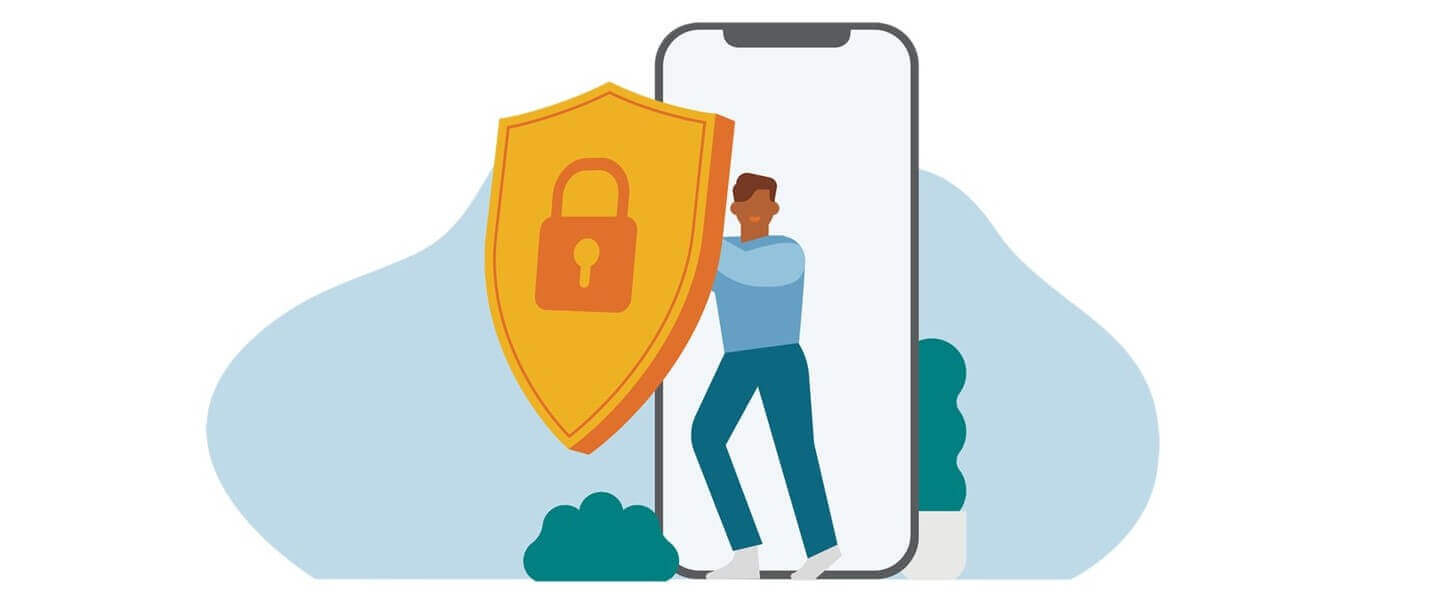Each year, billions of dollars are lost to imposter fraud. In fact, the Federal Trade Commission reported more than $10 billion lost to scams in 2023 alone, up $1 billion from just the year before.
Without proper education on prevention, businesses and consumers can fall prey to these common scams.
What is imposter fraud?
Imposter fraud is the most common type of scam, in which a scammer claiming to be from a trusted institution — such as your bank, law enforcement, or a government agency — contacts you and tries to convince you to send them money or give over personal or private information.
These scams are becoming more sophisticated and easier to fall for. Scammers can now spoof phone numbers and even impersonate voices of people you know — your banker, colleagues, family, or friends — or send emails that look identical to those sent by your bank.
What does imposter fraud look like?
Common patterns for these scams are unexpected contact, urgent demands, and unknown callers or senders, including:
Unexpected calls from an institution you use saying they need to verify your personal information (and sometimes pretending to be calling from the fraud department).
Urgent requests for information or money used as a way to pressure you into acting. The scammer may claim an overdue IRS bill will lead to a warrant, that someone you love is in distress and needs money immediately, or that a “fraud” is happening that requires you to provide your PIN, Social Security number or account details, or to move money to prevent your accounts from being frozen.
Unknown callers, texts from unknown senders, or unsolicited DMs over social media that try to capitalize on your limited time, your trust in institutions, or your fear of being hacked or scammed to perpetrate the scam.
How can I help prevent an imposter scam?
- Verify before you reply
Life moves so fast that we often feel like we need to respond immediately to a request for information or money. It’s both reasonable and responsible to wait until you can verify. - Be an error sleuth
If you receive an email or a link to a website, take a close look. Is the sender or reply email legit? Is the URL valid? Many emails and messages come from Gmail, foreign countries, and other random addresses. Are there small but noticeable issues in the details, like spelling and grammar errors in the text, email, or website that raise suspicion? - Avoid clicking links
Even if you think an unexpected communication or request is legitimate, don’t click links to pay money or provide information just because it is requested. Links are often used to steal important personal information. If you want to check the request out, open your browser and type the URL to go directly to the website instead of clicking any link. - Question the currency
Many scammers demand payment via an alternative payment system because payments made through them are harder to trace or reverse. Avoid making requested payments through wire transfer, prepaid debit cards, gift card, cryptocurrency, payment app, or even cash. - Contact a human being at a trusted number, site, or email address to verify
Instead of replying to the email or giving information over the phone, disengage from the conversation and reach out via a phone number you know. Look up the person or agency separately from the message you received, and contact them directly to verify what is being asked. This is often the most expedient way to confirm whether a message is legit or a scam. Real companies are usually aware of scams using their names.
Is my small business at risk?
Unfortunately, yes. Companies lose money all the time to imposter scams, with estimates of about 5% of revenue being lost to fraud annually. What does that add up to? Business imposters stole more than $750 million from businesses in 2023.
Small businesses might worry they can’t afford advanced security protections or have an IT team in-house working to prevent scams. But any investments you can make into fraud prevention will likely pay off — and we’ve got one step included in our Business Banking you can take immediately to get added protection.
Our advanced monitoring actively detects and responds to unauthorized access or unusual activities in real time, ensuring your account and identity remain secure at all times.
Another free and effective way to help keep your small business safe from scam artists is to raise awareness of scams and share scam-busting strategies with your employees.
Scammers rely on people making mistakes or being too trusting. Want to learn more about preventing fraud, or think you’ve been a victim of fraud? Check out our Security Center for more resources.
Want to speak with us? We’d be happy to help.







.jpg?width=1456&height=592&ext=.jpg&maxsidesize=620&resizemode=force)